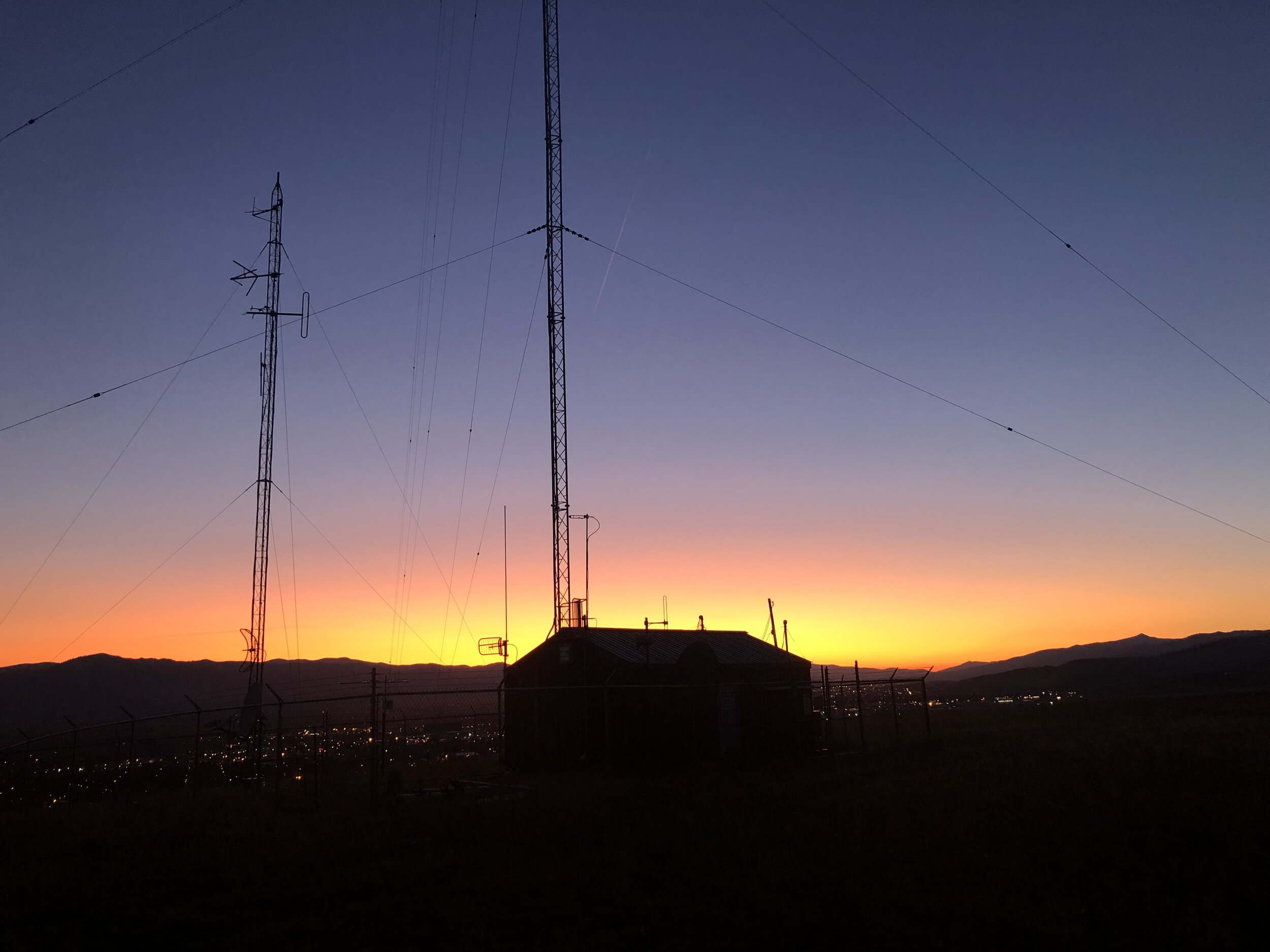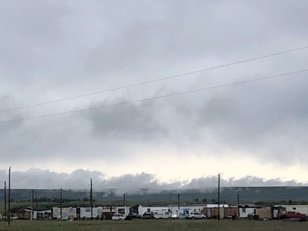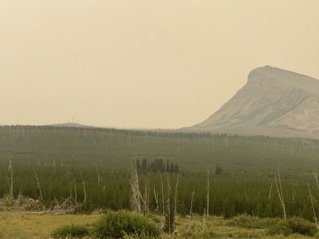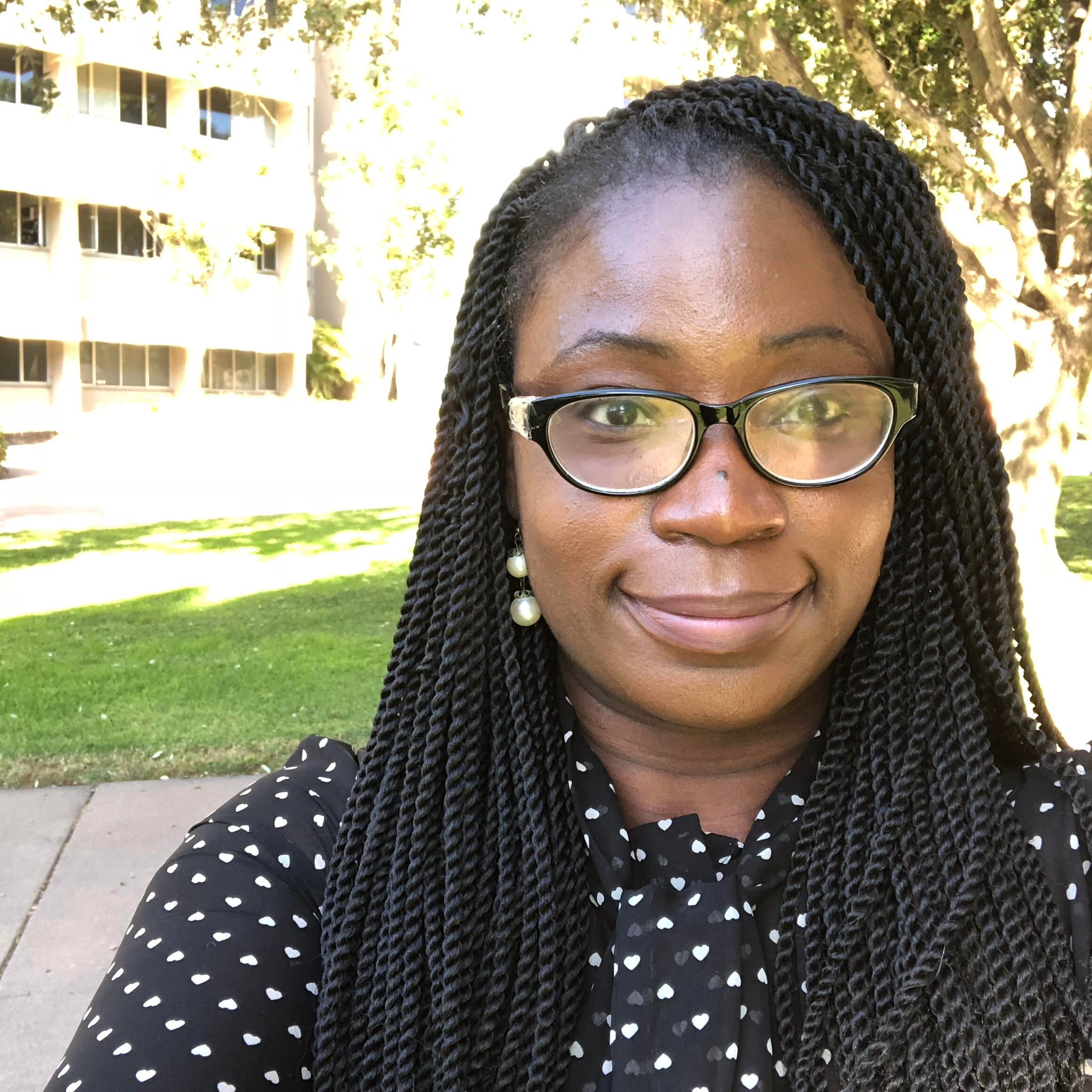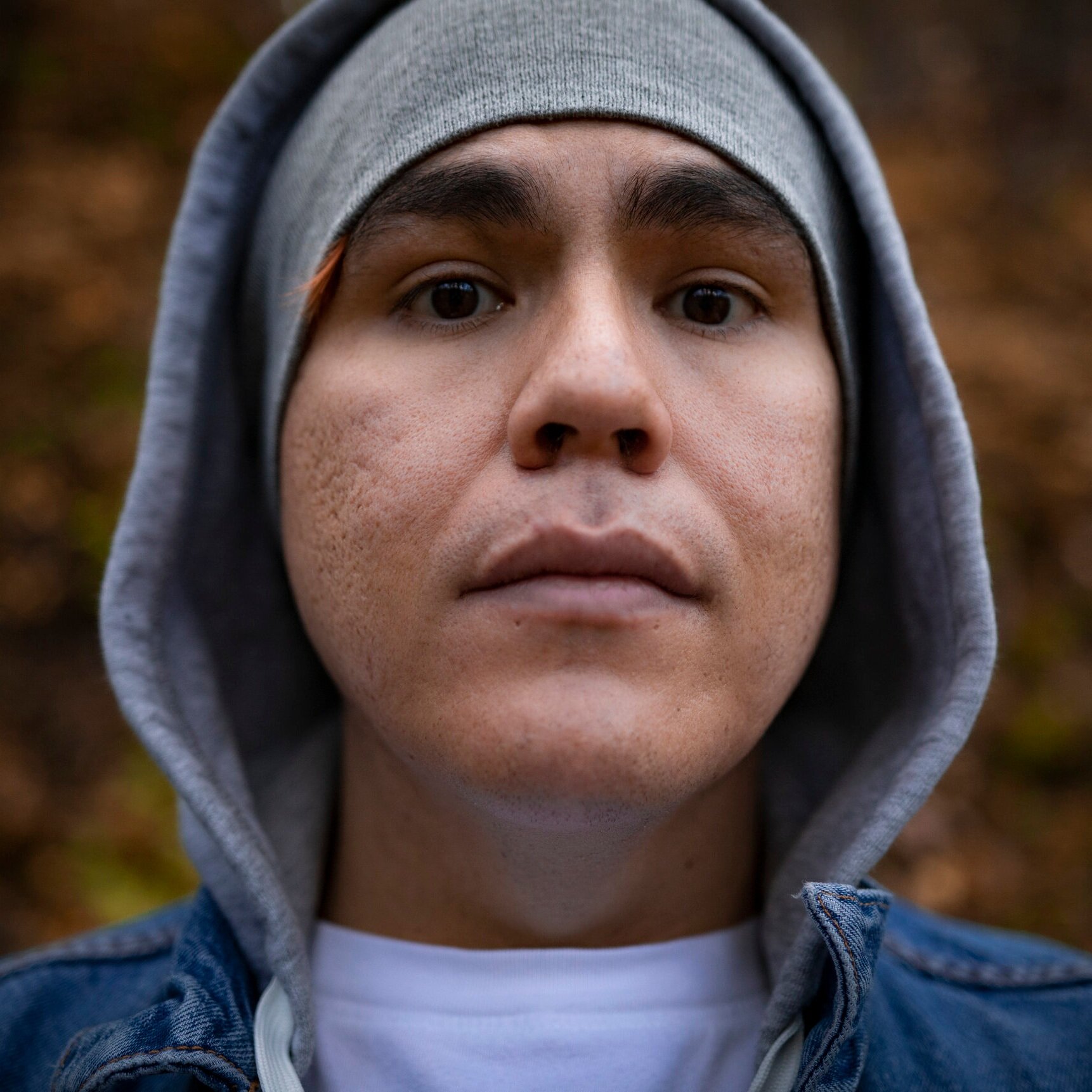NETWORK SOVEREIGNTY
This three-year project (2019-2022), supported by the National Science Foundation, uses fieldwork and ethnographic methods to investigate how low-income, rural communities conceptualize and practice “network sovereignty” in relation to local network initiatives. Focusing on three case studies — a) the Serengeti Broadband Network in Tanzania; b) the Rhizomatica Project in Oaxaca, Mexico; and c) the Blackfeet Community College (BCC) in Browning, Montana — the project explores whether local attempts to own and operate internet and mobile phone infrastructures have empowered “last mile” communities; analyzes and compares how internet and mobile phone use are reshaping sociotechnical relations in these communities; and identifies a set of local network initiative “best practices” for broader circulation.
The specific aims of the project are to:
facilitate understanding of internet and mobile phone infrastructures from the perspectives of historically marginalized communities;
develop collaborative research methods that include community engagement and education;
organize a workshop with all partners in year 3 of the project where “best practices” will be shared;
present preliminary findings at conferences; and
produce a public research blog and series of refereed scholarly publications.
Network Sovereignty blog: http://globalmedia.mit.edu/category/blog/network-sovereignty-blog/
Browning, MT, home of the Blackfeet Community College
The Starr School Road area on the Blackfeet Indian Reservation
Publications
2023 L. Parks, A. Wisseh*, G. DuCharme*, S. DesRosier*, “The Nuances of Network Sovereignty: A Collaborative Study of the Internet and ICTs in the Blackfeet Community in Montana,” New Media and Society, forthcoming.
2021 L. Parks, R. Srinivasan, & D. Cerna.* “Digital Empowerment for Whom? An Analysis of ‘Network Sovereignty’ in Low-income, Rural Communities in Mexico and Tanzania.“ Information, Communication & Society. DOI: 10.1080/1369118X.2021.1928264.
2020 L. Parks & R. Thompson*. “The Slow Shutdown: Information and Internet Regulation in Tanzania from 2010-2018 and Impacts Upon Online Content Creators,” International Journal of Communication, 14, 4288–4308.
Principal Investigators: Ramesh Srinivasan (UCLA) and Lisa Parks (UCSB)
A cell tower in the distance, southeast of St. Mary, MT
Blackfeet Community College
UCSB Graduate Student Researcher
Assatu Wisseh
Assatu Wisseh is a fiction and nonfiction writer and PhD student in the Film and Media Studies Department at the University of California, Santa Barbara. She approaches her research foci on Black women cultural producers, the politics of representation, Liberian-American popular culture, and media infrastructures through the lenses of Black feminisms and critical race theory. She was born and raised in the southern United States to indigenous Liberians, who immigrated to the U.S. prior to the Liberian civil conflict in the late 1980s. Her social location has shaped her interests in the connections between media, technology, and coloniality. Assatu’s scholarly work has been published by the peer-reviewed academic journals, The Howard Journal of Communications and the Black Camera.
Blackfeet Community College Research Partners, 2021
Gaylene DuCharme
Gaylene DuCharme is the financial aid director at Blackfeet Community College (BCC). Her work performance with the BCC garnered a nomination by the Office of the Commissioner of Higher Education (OCHE) and the Board of Regents as the Post-Secondary College Access Champion for the MUS College Access for May 2020. She is a member of AIHEC TCU Financial Aid Professionals, Montana Post Secondary Education Council, National Association of Financial Aid Administrators, and the MT American Indian Higher Education Consortium (AIHEC) Planning Committee Member. Her community service involvement includes making masks during the pandemic as an active member of Blackfeet Sewing Warriors 2020. She is married to Thomas E. DuCharme, an enrolled Member of the Confederated Salish & Kootenai Reservation, mother to three boys and one daughter, and grandmother to five grandsons and one granddaughter.
Wayne Smith
Wayne Smith graduated from the University of Montana School of Journalism in 2009. He is the father of five children and has worked at Blackfeet Community College in various roles for nearly eleven years. His interests include photography and basketball among many hobbies. He is most proud of his family and enjoys spending time doing whatever comes to mind with them.
Sarah DesRosier
Sarah DesRosier was born and raised in Browning, Montana. She works in the finance department at the Blackfeet Community College and is a student at Montana State University-Northern pursuing a BA in Business Administration with a minor in Accounting. She serves as Local Coordinator of the Network Sovereignty project.
Trevor Spotted Eagle
Trevor Spotted Eagle is an enrolled member of the Blackfeet Tribe, raised on the reservation. Trevor attended the University of Advancing Technology in Tempe, Arizona where he received his bachelor's degree in Digital Video. While working as the Media Communications Specialist for the Blackfeet Community College, Trevor was awarded the Montana Indian Equity Fund (IEF) Small Business Grant to fund the development of his branding company "PaintedSky Branding". Since then Trevor has worked with several programs on the reservation developing websites, video production, and marketing materials. Currently, Trevor still manages his duties as Media Communications Specialist for the college as well as the Media Specialist for the Blackfeet Tribes Incident Command Planning Team.


